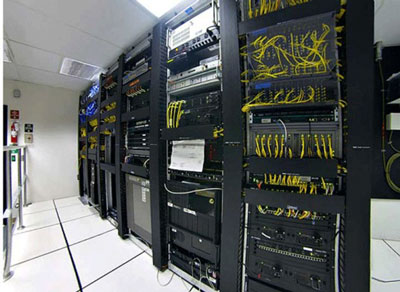Major corporations have joined users in building computers from parts, avoiding vendors like HP and Dell
By Stephen Pate – Would it surprise you if Apple, Microsoft, Google and Amazon.com didn’t trot down to Office Depot or call Dell Corporate sales for their computers?
They don’t. Large corporations and users have found they can build better computers and servers that are targeted to their needs by selecting the parts themselves.
The last bastion of the build-to-sell computers will be notebooks, tablets and smartphones where the manufacturers build them as integrated units. That adds value to the components that is not added in the generic desktop or server computers.
It’s not only price that is driving this phenomenon. Dell, HP and other manufacturers are filling computers with bloatware applications that have to be removed for the computer to work efficiently. They also include components that are sub-standard to improve their profit margins. Some components are unnecessary or don’t meet corporate specifications.
The self-build trend has been popular with hobbyist users for decades. They can build fully functional computers for less than $200. See Build a computer with SSD for $199 and Build your own Intel i3 PC for $259.
If consumers can save money, why not corporations?
Warranty and Service
Both parts replacement and extended warranties that come with components can save money for an organization.
Most organizations have in-house skills for the board or part swaps for hard drives, memory and other components. If a firm standardized on components, a small inventory of extra parts can handle service issues faster than calling a manufacturer.
Warranties from the component makers are generally longer than with a computer. Intel, for example, warrants most processors for three years. HP, Dell and other computer manufacturers have limited warranties to 1 year. The same Intel processor inside a Dell computer only has a 1 year warranty.
Operating system licensing on a per unit basis is generally more expensive than OEM licenses. Here again, standardization on operating system and server platforms can same money as Microsoft and other developers will negotiate volume licensing that can save money.
See Wired – Mystery Men Forge Servers For Giants of Internet

